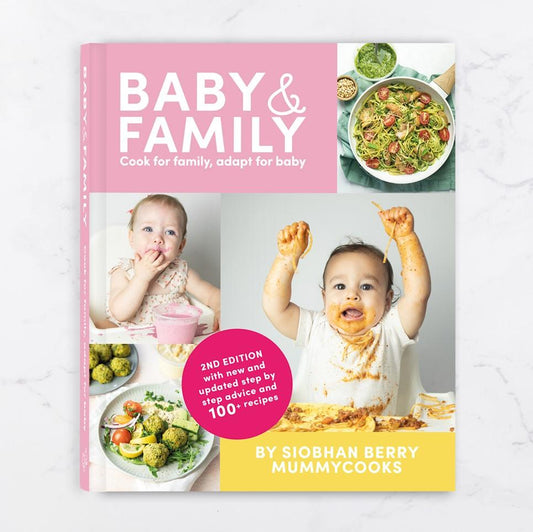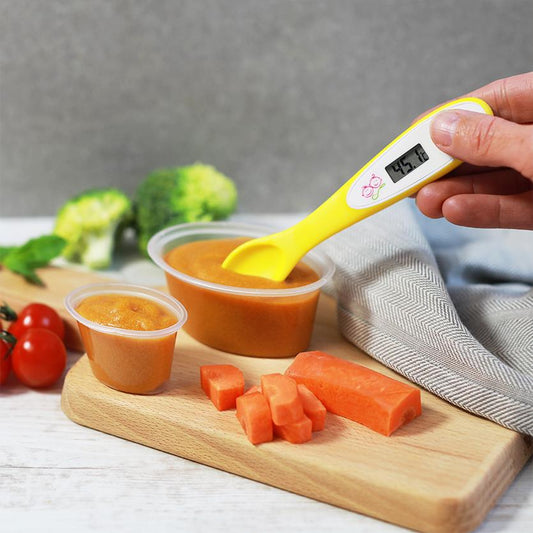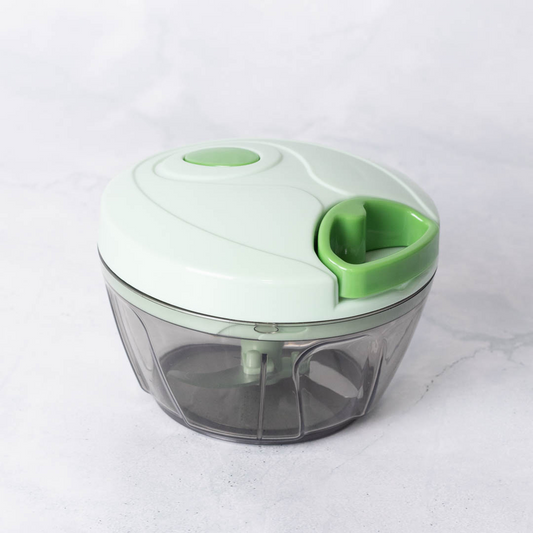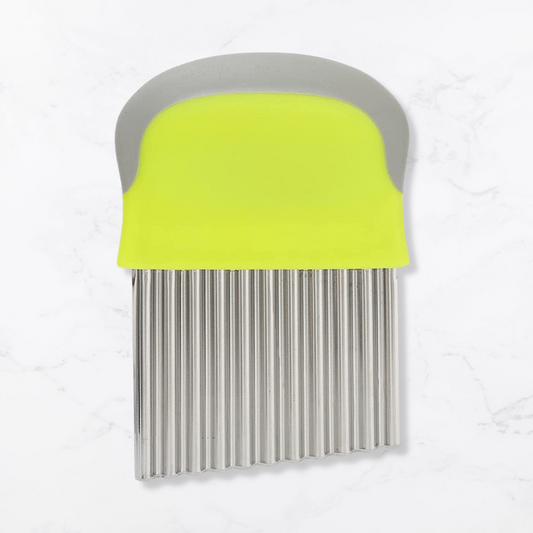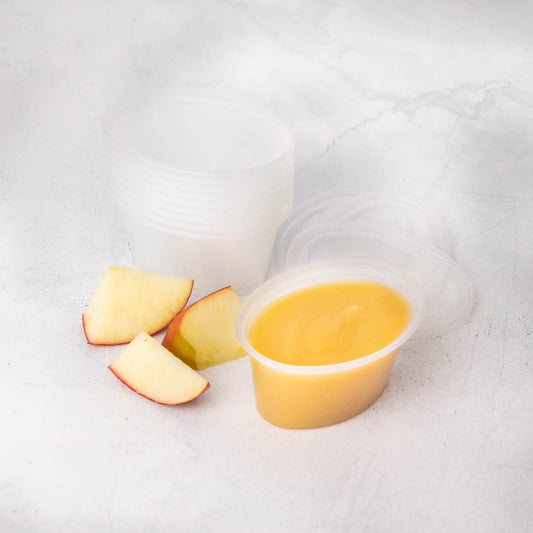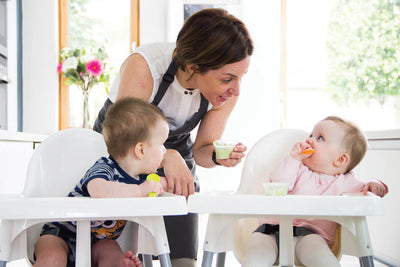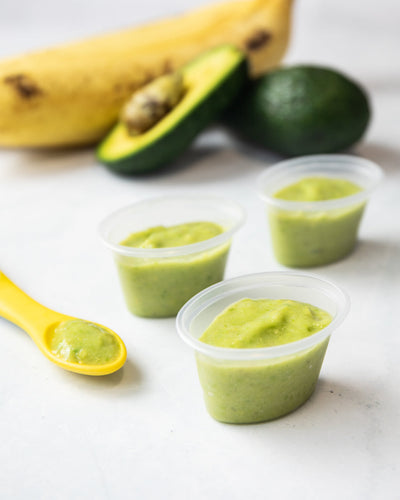Our top weaning and sleeping tips with Erica Hargarden Sleep Expert
I was delighted to speak to sleep expert Erica Hargarden from Babogue Sleep around the topic of weaning and sleep. Sleeping and weaning go hand in hand and is a topic I always get asked questions about so it was great to get some expert advice around the topic. Heres some of the top tips we discussed.
It is a good idea to start your day at a similar time each day
Around 7am is a good time to start the day. If your baby is content in their cot to give them time to relax and lay there. Erica outlined the perfect schedule
7 am - Start the day
Starting the day between 6 and 7 am is fine. If you give your baby milk when they wake their body clock will get used to this routine and it will become an expectation at that time. A breastfed baby may still wake for a feed at night. Maintaining structure is key.
8 am - Breakfast time
Siobhan agrees you should feed your baby their breakfast an hour after the first milk feed, this gives an hour for the tummy to settle in betwee milk and solids. Past 6 months after the allergens have been tested for cereal is a great option for breakfast (Weetabix, porridge) or even eggs! It's important to mix it up and serve it in different ways such as offering fruit in a purée, finger food or grated.
9/9:30 am - First Nap
Typically this nap is around 45 minutes- if your baby is sleeping longer than this, cap the nap at an hour. This first nap is mentally restorative for your baby. It is ok to have this first nap out and about in your child's buggy to allow yourself to get some fresh air.
10:30 am - Second Bottle
At around this time your baby should be having the second milk feed. Leaning away from demand-led bottles into structure will help with sleep and help with your child's ability to eat a sold meal.
12/12:30- First Dinner
Try to make this meal a protein-based meal. Protein is harder for your baby to digest but once they are satisfied and full they may sleep for two hours. Give your baby about 30 minutes to digest before their nap so they are not in discomfort.
Second nap
This nap needs to be prioritized as a cot nap as it is physically restorative for your baby, this is where your baby's growth will take place and typically this nap is the one your baby will keep until aged 2/3 years old. This nap should take place in a cot in a dark room. Let your baby nap with household noise - it is important to allow your baby to get used to normal noises. Making sleep a priority for your baby you will also see the benefits - the more rested your baby is during the day the more they will sleep better at night time.
2:30/3 pm- next milk feed
The next milk feed should be given at around 2:30 or 3pm as your baby wakes from their nap.
Third nap
The third nap can be out and about (this is usually the first nap that will be dropped) This nap typically lasts 45 mins to an hour but will get shorter the closer the child gets to 7 months. This nap should take place between 4-5 (before your child has the second dinner)
Second dinner
This meal should be served at 4:30 or 5 o'clock. Siobhan likes to call this a second dinner rather then a 'tea' which may be difficult to come up with options. Something like a pasta and a vegetable sauce is a good option at this time.
Bed time Milk feed
Another milk feed should take place after your child's second dinner around 45/60 mins prior to bedtime. It is important to create a disassociation with feeding and sleep- your baby doesn't need to be full to the gills to sleep, they just need to be satisfied. Your baby's milk feed should take place in a brightly lit room that isn't associated with sleep such as the kitchen or living room.
7pm- Bedtime
This is an ideal time for your baby to sleep. It is important to turn off the TV as the blue lights can cause disrupted sleep. Engage in relaxing activities such as reading, touching books or singing songs.
The dream feed
This should take place around 10:30 at night until the child can sleep through the night. A child at 6 months who is bottle-fed has every chance of sleeping through the night if they are on 3 solid meals a day.
Core feed
A breastfed baby may need a milk feed in the core night somewhere between 2-3am.
If your baby is not hungry in the mornings this means the night feed maybe topping them over, they may not need it but are just is in a routine of having it. It is important to look at fading it out. However this is overall general advice, each child will be different. Napping routines will differ and this is ok if it's not broken do not try to fix it!
Erica Hargarden from Babogue Sleep is a mum of three, Certified Child Sleep Consultant and member of the International Association of Child Sleep Consultants. Her passion is helping parents to understands their children's sleep and empowering them to create settled sleep in their homes. Erica runs an online sleep series
Our Weaning Advice page provides information and advice on weaning your baby. It includes recipes, tips, and articles on a variety of topics related to weaning, such as introducing finger food, adding herbs and spices to baby food, and healthy snacks for your baby, and lots more






